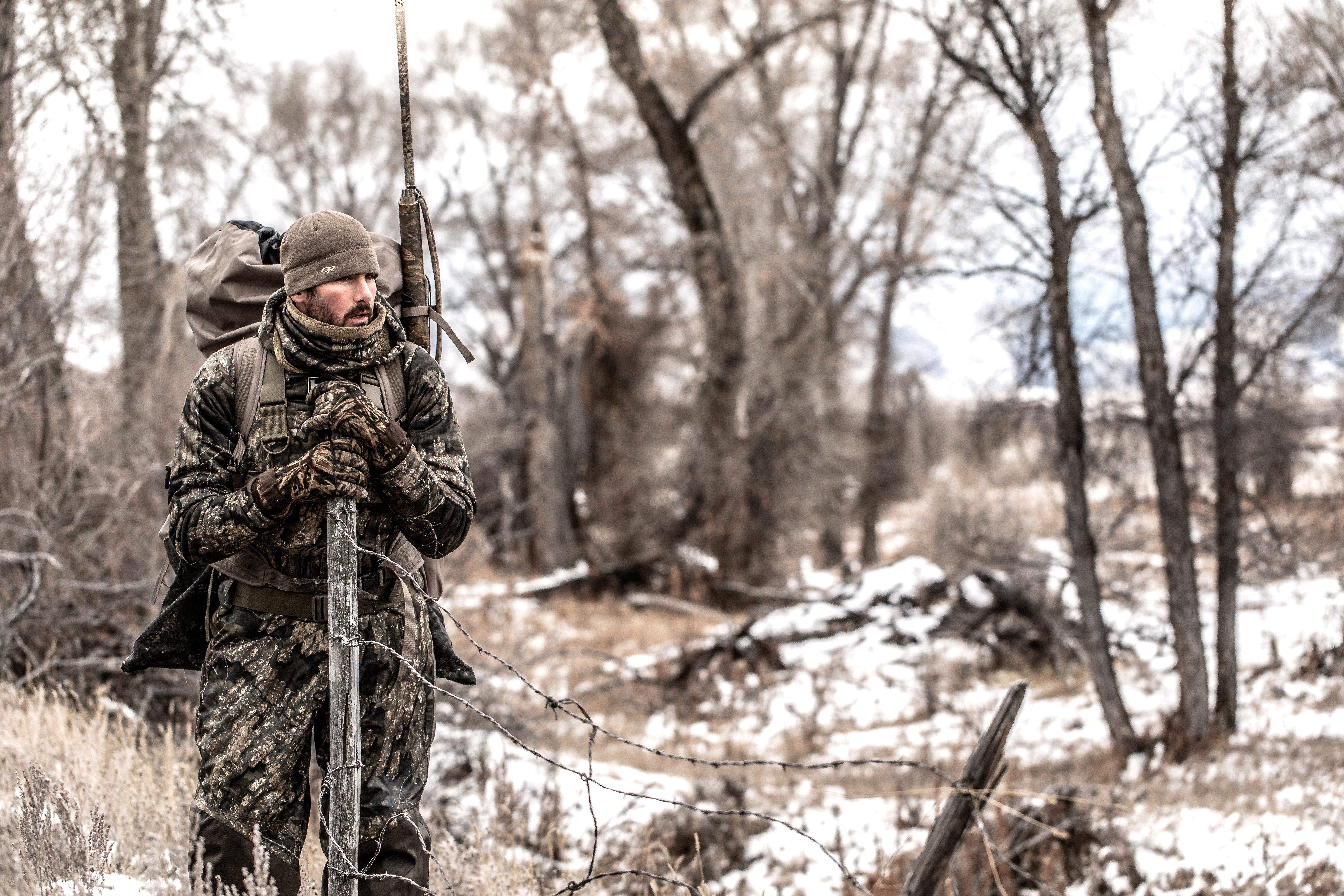If you’ve had a tough duck season, you’re not alone. However, these last-chance efforts might let you finish with a bang

If the weather forecast predicts a sudden change in conditions, bet everything on that day, and make sure you’re afield. Photo by Bill Konway
Duck hunters typically feel compelled to end the season on a high note, especially if much of the campaign was difficult.
However, standard advice often doesn’t go beyond basic rah-rah stuff, such as, “Hunt hard right up to the closing bell,” or, “Change your spread or calling tactics to see if that helps.” That’s not bad advice, but it’s pretty general. And during especially challenging years — such as the 2023-24 season in many areas — you might need a Hail Mary to finish strong. If so, try these ideas.
Don’t Miss: Waterfowl Migrations are Changing. Here’s What That Means for Hunters
Hit the Road
Admittedly, trips require lots of work and planning. Further, not everyone can blow off work and take a last-minute hunting excursion. But if you can formulate a plan and break free, it might be worthwhile, even if it’s only for a day or two. When ducks are scarce in your area, exploring a new spot might get you into some action.
Of course, the big question is where to go. Spending even a few minutes on social media can at least give you an idea of areas that are holding ducks. That doesn’t mean you have to tail-pipe other hunters. Plenty of agencies, such as the U.S. Fish and Wildlife Service, conduct in-season waterfowl surveys and post those results.
Narrowing down specific hunting spots is tougher. You can easily find public ground on mapping apps, but unless you have a contact in the area, it might be difficult to gauge the pressure at those properties. Ask around on social media or forums, but don’t expect too much specific info. When in doubt, at least look for areas that seem remote or difficult to access.
Hiring a guide can put you on private ground. It might be tough finding an opening during the season’s final days, but it never hurts to ask. Also, scan social media for outfitters offering last-minute openings because of cancellations.
Bet it All on the Weather
Sometimes, a sudden shift in conditions might be all it takes to send ducks to your area. That can include a cold snap that pushes birds south, a quick thaw that sends the migration in reverse to the north, a big rain that opens up fresh water for birds, or even just a hard-hitting front that gets ducks moving.
Scan the weather forecast intently to find any upcoming weather change that might break up the doldrums. Then, if possible, take vacation or personal time to make sure you’re in the blind or timber when the ducks might move.
Not every late-season weather shift will miraculously fill the skies and your strap with ducks. But if you have limited time, you might as well bet the bank on a day with conditions that give you the best chance. And if you strike gold, it’ll be a lot more enjoyable than sitting at work and getting texts from your obnoxious buddies who hunted that morning.
Don’t Miss: Is Duck Hunting Really in Decline?
Throw Darts
If all else fails, completely overhaul your hunting efforts, and vow to find a new area or two to explore during the season’s final days. Scour maps for small chunks of public land many folks might overlook. Seek remote timber holes that might require a long walk. Heck, if you’re desperate, you might even drop hints to acquaintances and remind them that you’re available to hunt with them during the last few days.
The point is to try something new. If your tried-and-true spots are dead, you have nothing to lose by forsaking them. You might stumble into a new honey hole. Or you could whiff, but it doesn’t matter. You’re not missing anything by exploring fresh water or timber. Getting off the familiar path at least lets you assess new areas, and the information gleaned during such trips almost always pays dividends later.












